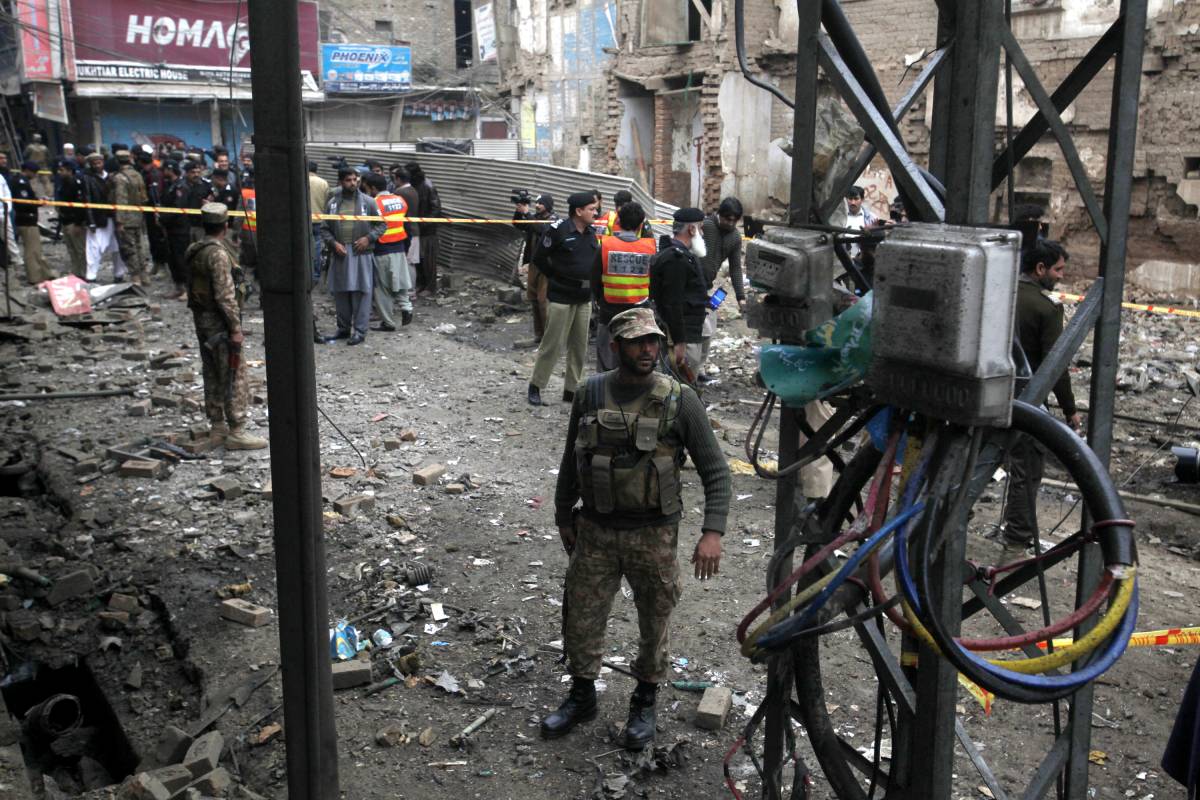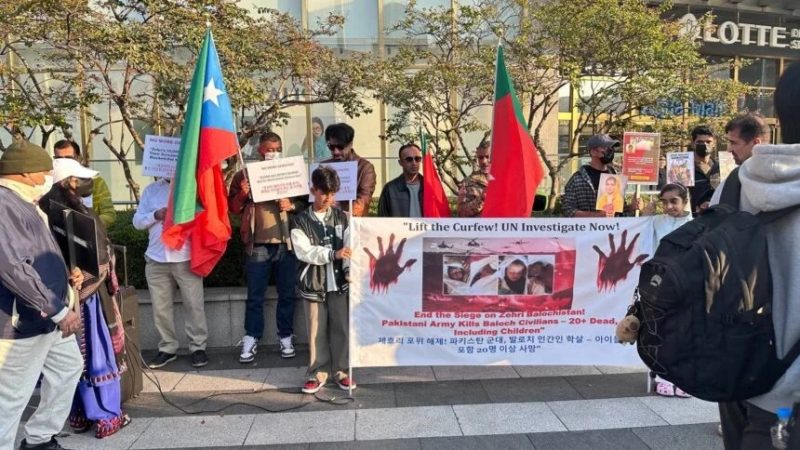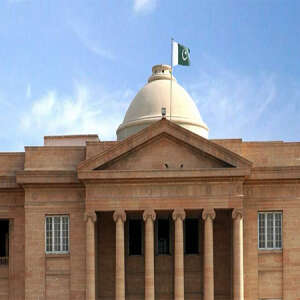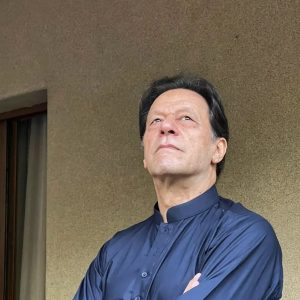After the “Islamisation” in the 1980s, Pakistan has been seeing a surge in violence against Shia Muslims in the country in recent decades…reports Asian Lite News
Pakistan’s largest Muslim minority, Shias Muslims are living under the shadow of fear post a terror attack by a suicide bomber on a Shia mosque in Peshawar during Friday prayers.
The blast resulted in the death of 62 people, including seven children below 10, and 194 injured on March 4, reported Islam Khabar.
In the absence of an official headcount for long years, the number of Shias is estimated around 16 million, or 9.5 per cent to 15 per cent of the 200 million population. They are spread across the country.
Old records testify that Shia Muslim civilians were victims of unprovoked hate since the beginning of Pakistan. After the “Islamisation” in the 1980s, Pakistan has been seeing a surge in violence against Shia Muslims in the country in recent decades, reported Islam Khabar.
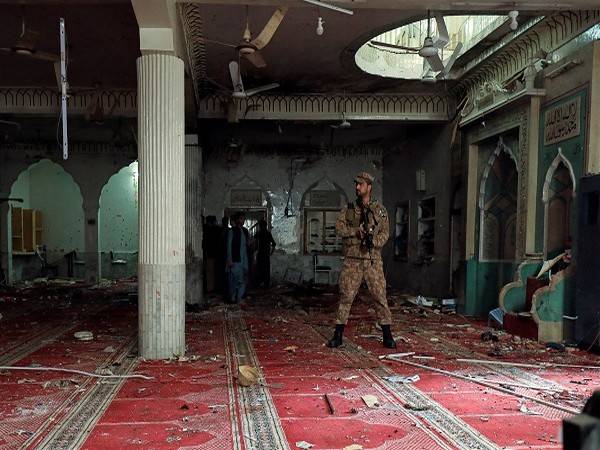
According to one estimate, over 1,900 Shias were killed in bomb blasts or targeted gun attacks from 2012 to May 2015 alone.
The violence has claimed the lives of thousands of men, women and children. Shias are mostly excluded from positions of power. Doctors, businessmen and other professionals have been targeted in Karachi by Sunni terrorists on a regular basis.
Most have been targeted by terrorist attacks by Lashkar-e-Jhangvi and Sipah-e-Sahaba Pakistan which are Sunni militant organizations affiliated with Al-Qaeda and Taliban, reported Islam Khabar.
In Pakistan-occupied Kashmir, such as Parachinar and Gilgit-Baltistan, Sunni militants have continuously been attacking and killing Shia Muslim civilians.
Shia Muslims also fear their religious freedom is being legislated away. In July 2020, Tahaffuz-e-Bunyad-e-Islam (protection of foundation of Islam bill) was passed by the Punjab assembly, which supported only the Sunni interpretation of Islam, provoking a huge backlash from the Shia community.
Commenting on the government’s efforts to pass the blame for last Friday’s violence to “conspiracies”, Dawn newspaper in its editorial (March 5, 2022) said: “Despite what those in power have said or will say, the attack betrayed the national security apparatus’s unpreparedness for what now seems to be a gradually expanding spectrum of terrorist activities.
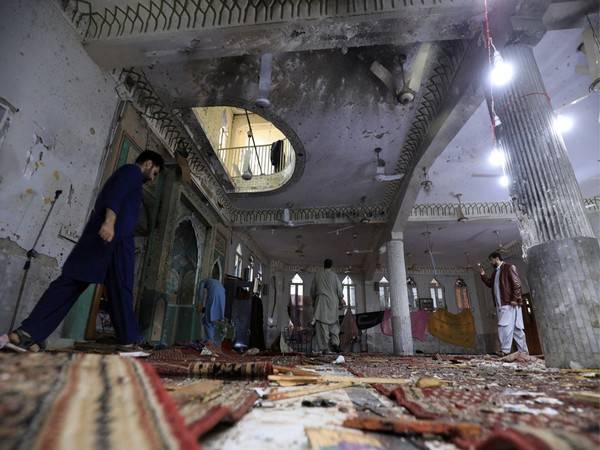
Writing in the same vein, but more to the point, The News International (March 5, 2022) observed: “Militancy in the form of the TTP or the Islamic State of Khorasan or any of their allies is obviously a national problem, and while they attack indiscriminately, they bear a particular animosity for the Shia community that has been ruthlessly targeted since the 1980s with hundreds of sectarian attacks on places of worship in the last 15 years.”
“This raises the questions of why the government has not done more to provide security to imambargahs or Shia mosques, especially on Fridays when militants are most likely to strike so that they can cause maximum casualties,” editorial said. (ANI)


